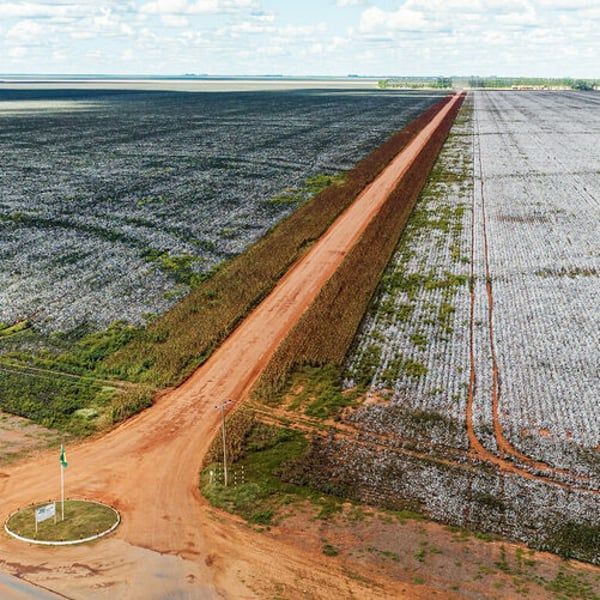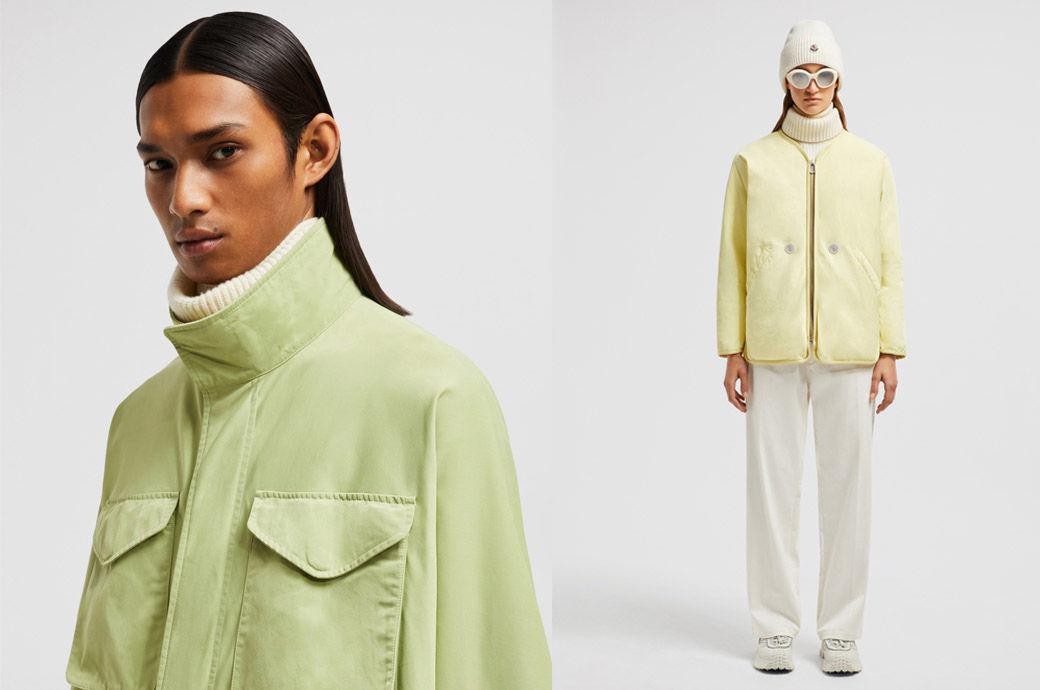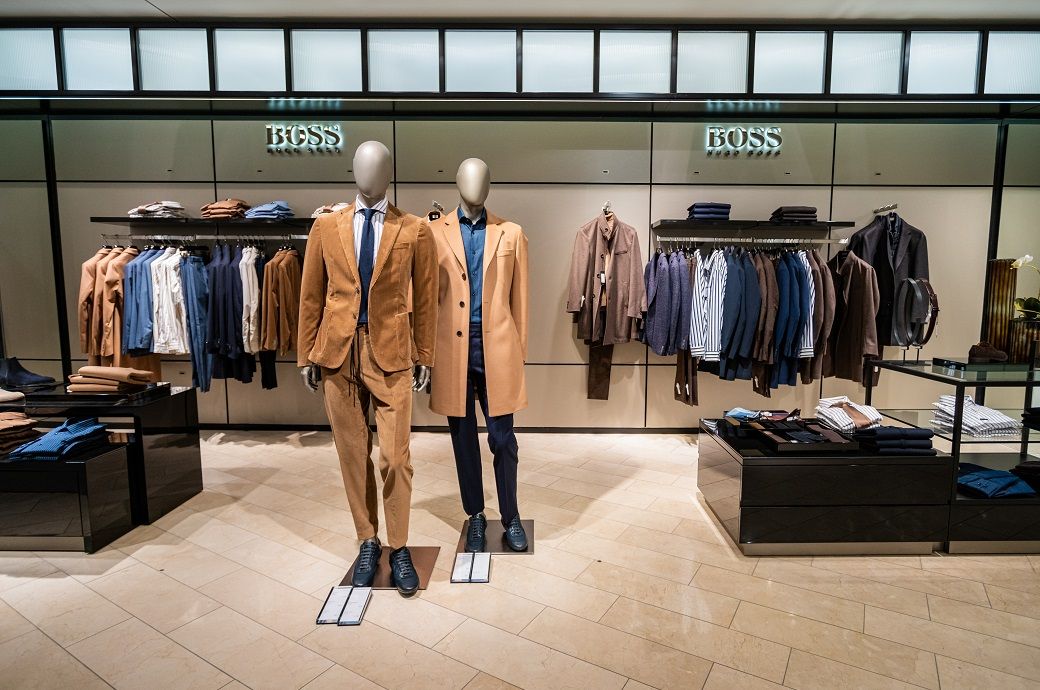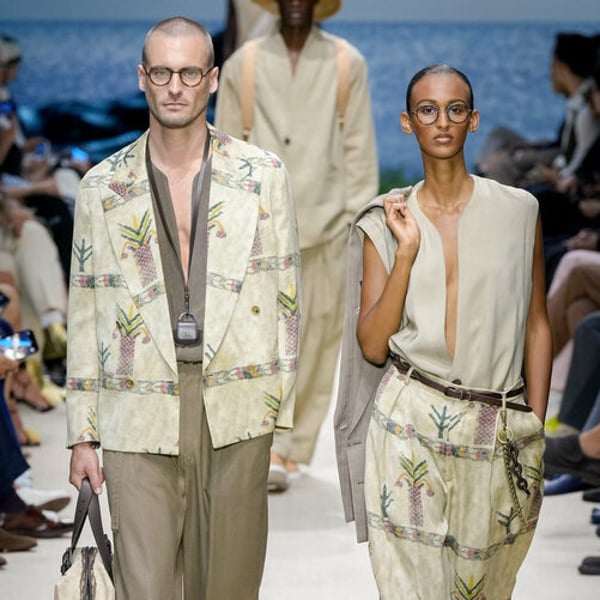Translated by
Cassidy Stephens
Published
April 11, 2024
The British NGO Earthsight has unveiled a series of documents that point to illegal deforestation by Brazilian producers of certified “Better Cotton” cotton, which supposedly supply fast fashion giants H&M and Inditex, owner of Zara. In a letter sent to Better Cotton on April 6, the Spanish group had already demanded greater transparency in the certification process and complained about having waited six months for the results of an internal investigation promised by the certification body.
Three armed guards behind a fence point their guns at a local resident, who is eventually shot in the leg. In a series of documents incorporating videos, satellite photographs and graphics, the NGO presents a snapshot of Brazilian megafarms, which are allegedly subject to long lists of court injunctions, corruption convictions and millions of dollars in fines for clearing around 100,000 hectares Closed. savanna, the strip of land that runs through the entire country south of the Amazon.
Overall, these farms are said to produce 816,000 tons of “contaminated” cotton a year. A mass of fiber that Earthsight says it has been able to trace back to eight Asian clothing suppliers. These companies are said to supply 168 million items a year to H&M, Zara, Bershka, Pull&Bear and others. All using cotton that is sold under an internationally recognized label.
“The NGO Earthsight has discovered that all the dirty cotton it has traced is certified sustainable by Better Cotton (BC),” the NGO says. “The majority of H&M and Zara products are made with BC cotton, making them by far the largest users of BC in the world. Almost half of all BC cotton comes from Brazil, more than any other country (…). Cotton from illegal lands “Therefore, forests deforested before 2020 can still be considered 'better', even if they have been stolen from local communities,” the organization denounced.
Inditex questions its trust in Better Cotton
Better Cotton responded on April 4, stating in a press release that it had completed an independent audit of three farms allegedly implicated by Earthsight, but that it would not publish its findings until it had seen the NGO's full report, officially released in April. 11. For now, Better Cotton simply indicates that its strategic partner in Brazil, the Brazilian Cotton Producers Association, is reviewing certain elements of its standards to align them with those of Better Cotton.
Not enough to calm the anger that emerges from the letter sent by Inditex to Better Cotton on April 8 and transmitted by the Spanish media Modaes. “These accusations represent a serious violation of the trust placed in Better Cotton's certification process by our group and our product suppliers,” said the Spanish group, which was awaiting a report promised by Better Cotton in March. “The trust we place in these processes developed by independent organizations, like yours, is key to our supply chain control strategy.”

In Brazil, large family businesses in the Cerrado are said to have taken advantage of the government's desire to save the Amazon, which makes up the northern half of Brazil. Using corruption and sometimes violence, these farms are said to have accelerated the rate of deforestation by 43% last year, almost systematically outside any control or legal framework, according to Earthsight.
Half of the Cerrado has already been deforested to make way for intensive agriculture, which also reportedly consumes huge amounts of water and releases huge amounts of harmful fertilizers.
“While we all know what soy and beef have done to Brazil's forests, cotton's impact has largely gone unnoticed,” says Earthsight director Sam Lawson. “However, this crop has grown enormously in recent decades and has become a true ecological disaster. If you own cotton clothes, towels or sheets from H&M or Zara, they are probably contaminated by the looting of the Cerrado. These companies talk about good practice, social responsibility and certification systems (…) It has become very clear that crimes related to the products we consume must be addressed through regulation, not through consumer choice.”

The NGO calls on legislators in consumer countries to introduce strict laws and enforce them rigorously. This is an opportunity for the organization to point out the role of Germany and France in the recent loss of momentum of the European draft law on duty of vigilance. Or against the European “Deforestation Regulation” plan, which, he claims, does not control the impact of cotton on forests.
Copyright © 2024 FashionNetwork.com All rights reserved.

